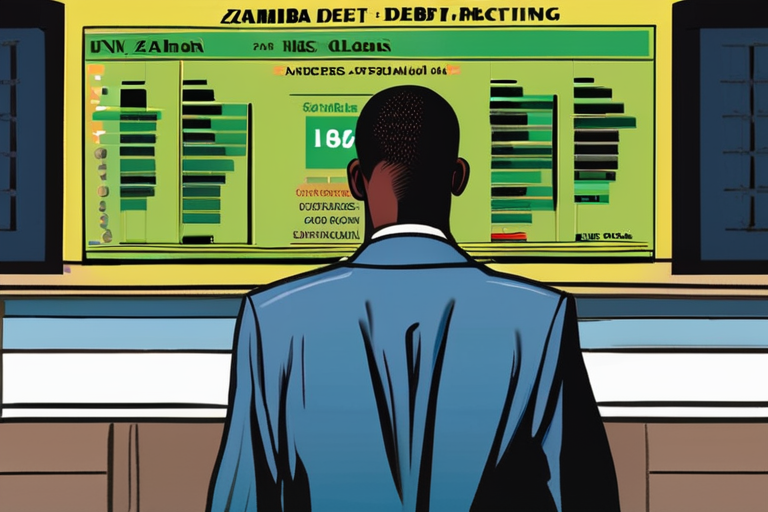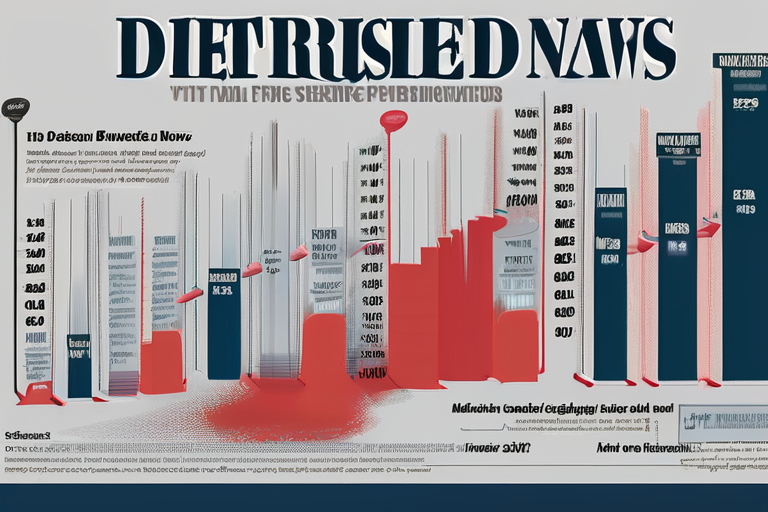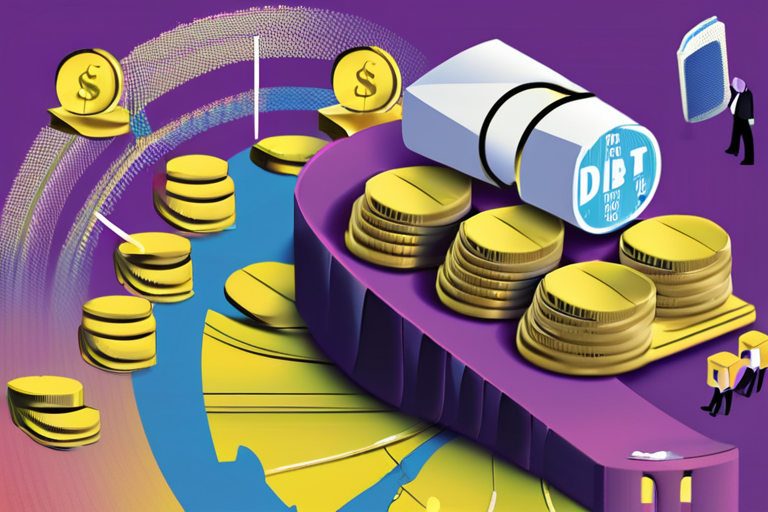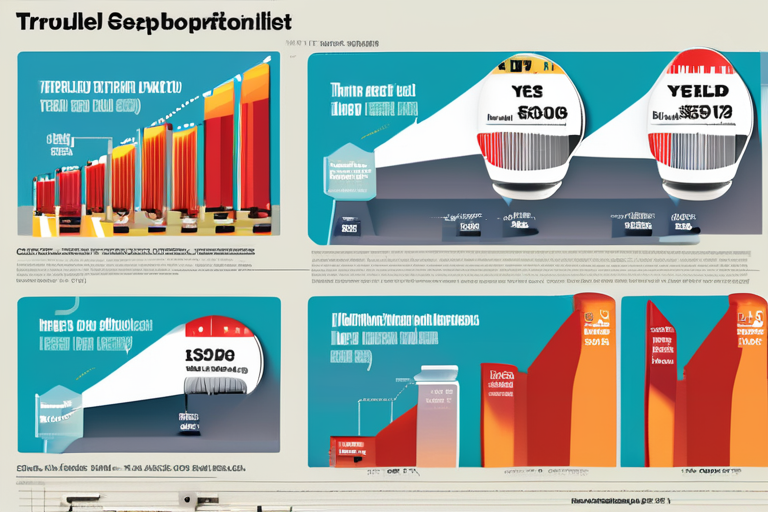S&P Removes Zambia's Default Rating on Debt Recast Progress
Zambia's long journey towards debt restructuring has finally yielded results, with S&P Global Ratings removing the country's default rating five years after it became Africa's first pandemic-era sovereign defaulter. The southern African nation has been assigned a CCC long-term foreign currency sovereign credit rating, with a stable outlook, marking a significant milestone in its efforts to restructure its debt.
According to S&P, Zambia has made considerable progress in restructuring its debt, with a total of $6.2 billion in debt restructured since 2020. The country's efforts to restructure its debt have been led by the government, which has been working closely with its creditors to reach a mutually beneficial agreement. The restructuring process has been complex and has involved negotiations with various creditors, including commercial banks and institutional investors.
The removal of Zambia's default rating is a significant development in the country's financial markets, with the CCC rating indicating that the country's debt is considered to be of poor quality. However, the stable outlook suggests that S&P believes Zambia's debt restructuring efforts will continue to yield positive results in the long term. The removal of the default rating is also expected to have a positive impact on Zambia's access to international capital markets, with the country likely to see an increase in investor interest in its bonds and other debt securities.
Zambia's debt restructuring efforts have been closely watched by investors and analysts around the world, with many viewing the country's experience as a test case for other emerging markets struggling with high levels of debt. The country's efforts to restructure its debt have been seen as a model for other countries, with many praising its commitment to transparency and its willingness to engage with its creditors.
The removal of Zambia's default rating is also significant in the context of the global economy, with many emerging markets struggling with high levels of debt. The International Monetary Fund (IMF) has been working closely with Zambia to help the country manage its debt and implement economic reforms. The IMF has praised Zambia's efforts to restructure its debt, saying that the country's commitment to transparency and its willingness to engage with its creditors has been a key factor in its success.
Looking ahead, Zambia's removal of its default rating is expected to have a positive impact on the country's economic prospects. The country's economy is expected to grow at a rate of 4.5% in 2026, driven by a recovery in the mining sector and an increase in investor interest in the country's economy. The removal of the default rating is also expected to have a positive impact on Zambia's access to international capital markets, with the country likely to see an increase in investor interest in its bonds and other debt securities.
In conclusion, the removal of Zambia's default rating is a significant development in the country's financial markets, with the CCC rating indicating that the country's debt is considered to be of poor quality. However, the stable outlook suggests that S&P believes Zambia's debt restructuring efforts will continue to yield positive results in the long term. The removal of the default rating is also expected to have a positive impact on Zambia's access to international capital markets, with the country likely to see an increase in investor interest in its bonds and other debt securities.



























Share & Engage Share
Share this article